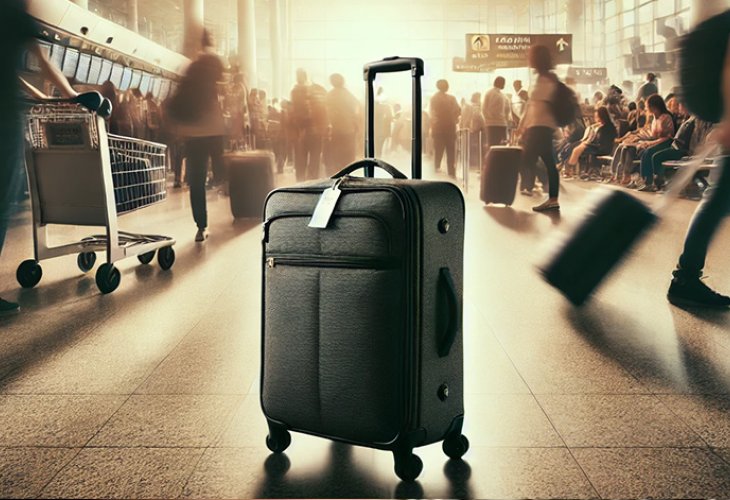Torah Personalities
Rabbi Yitzchak Hutner: A Life of Torah, Leadership, and Survival
From Slabodka to Brooklyn, Hebron to Jerusalem, the dramatic journey of one of the great Torah leaders of the 20th century

From Slabodka to Hebron: A Mission of Torah
In 1925, a young Torah prodigy named Yitzchak Hutner was summoned by Rabbi Nosson Tzvi Finkel, known as the “Alter of Slabodka.” At the time, the Slabodka Yeshiva was one of the greatest Torah institutions in Lithuania, and Yitzchak stood out as one of its most gifted students. The Alter said to him, “As you know, with Hashem’s help, a branch of our esteemed yeshiva was recently established in the holy city of Chevron, in Eretz Yisrael. We have decided to send you there to strengthen the yeshiva and ensure the sound of serious Torah learning continues.” Yitzchak accepted the call and, within weeks, arrived in Chevron.
For nearly four years, Rabbi Hutner studied there. During this time, he met and was deeply influenced by Rabbi Avraham Yitzchak HaKohen Kook, the Chief Rabbi of Palestine. In 1929, he planned a short visit back to Europe, but it was during this brief absence that the horrific Chevron Massacre took place. Nearly all of the yeshiva students who had remained in Chevron were murdered by their Arab neighbors in an unthinkable act of brutality.
Scholar, Author, and Leader in America
Now married, Rabbi Hutner remained in Europe and authored a brilliant work on Tractate Nazir. He engaged in Torah discourse with towering figures such as Rabbi Chaim Ozer Grodzinski, Rabbi Yoseph Ber Soloveitchik, and Rabbi Menachem Mendel Schneerson, who would later become the seventh Lubavitcher Rebbe. In 1939, just before the Nazi invasion of Europe, Rabbi Hutner moved to the United States to head Yeshiva Rabbi Chaim Berlin in Brooklyn. It was a move that likely saved his life, as World War II broke out shortly afterward, with devastating implications for Europe's Jews.
Over the next two decades, Rabbi Hutner built generations of Torah scholars in America and played a pivotal role in strengthening Orthodox Judaism on American soil. But his heart remained connected to Eretz Yisrael. In 1970, he initiated the founding of a yeshiva in Israel and traveled there to advance the plan.
Hijacked, Yet Unshaken
On his return flight to the United States, Rabbi Hutner, along with his wife, daughter, and son-in-law, was aboard a plane hijacked by the terrorist group PFLP (Popular Front for the Liberation of Palestine). The plane was forced to land in Jordan. Tensions were high, as many hostages in similar situations had been killed. The terrorists seized his suitcase, which contained his precious Torah writings, manuscripts he would never recover. Thankfully, Rabbi Hutner and his family survived. After prolonged negotiations, all the hostages were released, and the Hutner family returned safely to the U.S.
Legacy in Jerusalem and Beyond
Rabbi Hutner’s vision for a yeshiva in Israel was fulfilled. He settled in Jerusalem and served as the Rosh Yeshiva of Yeshivat Beit HaTalmud. His penetrating Torah discourses were published in the acclaimed series Pachad Yitzchak, edited by his daughter, Rebbetzin Bruria (nee Hutner) David, a renowned Torah scholar in her own right. His son-in-law, Rabbi Yonatan David, continues to lead Yeshivat Pachad Yitzchak today.
Rabbi Yitzchak Hutner passed away in 1980 (5741) and was buried on the Mount of Olives. His legacy endures in the institutions he built, the books he authored, and the thousands of students he inspired.

